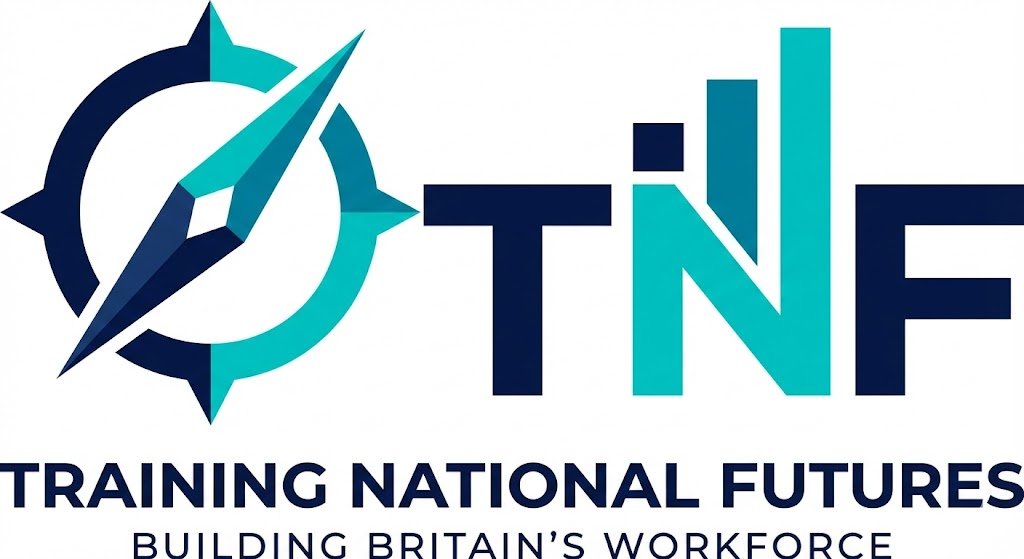Understanding the Difference Between NVQ, QCF, and RQF Qualifications in the UK
If you’re considering further education or vocational training in the UK, you might have come across the terms NVQ, QCF, and RQF. These terms refer to different frameworks of qualifications designed to equip individuals with skills and knowledge for the workplace. Understanding the differences between them is crucial to making informed decisions about your educational journey or career path. Let’s break it down.
What Is NVQ (National Vocational Qualification)?
NVQs are work-based qualifications designed to demonstrate an individual’s practical skills and competency in a specific job role. They were introduced in the 1980s to provide a structured way for workers to prove their abilities in the workplace.
Key Features of NVQs:
- Competency-Based: Assessment is based on your ability to perform tasks to a certain standard in a real work environment.
- Levels: NVQs range from Level 1 (basic work activities) to Level 7 (senior management).
- Assessment: No exams—assessment is through observation, portfolio building, and practical demonstration.
While NVQs are no longer offered as a standalone qualification in the UK, they laid the foundation for the QCF framework.
What Is QCF (Qualifications and Credit Framework)?
The QCF replaced NVQs in 2010 as part of a government effort to create a more flexible and accessible qualification system. It introduced a credit-based structure, allowing learners to build their qualifications gradually.
Key Features of QCF:
- Unit-Based Learning: Each qualification is divided into smaller units, and learners earn credits for completing these units.
- Flexibility: Learners can combine units from different areas to achieve a tailored qualification.
- Levels: Like NVQs, QCF qualifications range from Level 1 to Level 8.
- Recognition of Prior Learning: QCF allowed learners to use prior experience or learning to gain credits.
The QCF was praised for its modular approach, but in 2015, it was replaced by the RQF.
What Is RQF (Regulated Qualifications Framework)?
The RQF is the current system for vocational qualifications in England, Wales, and Northern Ireland. It replaced the QCF in 2015 and brought a clearer, simpler framework for qualifications.
Key Features of RQF:
- Level and Size Structure: The RQF measures qualifications by both their level (difficulty) and size (duration/credit hours). This helps learners and employers understand the scope and depth of each qualification.
- Continuity: Many of the features of QCF, such as unit-based learning and credit accumulation, remain part of the RQF.
- Clarity: The RQF uses consistent language and structure, making it easier for learners, employers, and educators to compare qualifications.
The RQF combines the best aspects of NVQ and QCF systems while simplifying the framework to ensure it meets the needs of learners and employers alike.
Key Differences Between NVQ, QCF, and RQF
| Aspect | NVQ | QCF | RQF |
|---|---|---|---|
| Timeframe | 1980s–2010 | 2010–2015 | 2015–Present |
| Structure | Competency-Based | Unit and Credit-Based | Level and Size-Based |
| Flexibility | Limited | Highly Flexible | Flexible and Streamlined |
| Assessment | Practical Observation | Combination of Methods | Combination of Methods |
| Current Availability | Discontinued | Discontinued | Active Framework |
Which Qualification Framework Should You Focus On?
If you’re looking for a qualification today, you’ll most likely encounter RQF qualifications, as these are the current standard in the UK. The transition from NVQs to QCF to RQF has made qualifications more adaptable to changing industry needs, ensuring they remain relevant and valuable.
Tips for Choosing the Right Path:
- Assess Your Goals: Are you looking for career progression, skill development, or a new qualification for your CV?
- Check Employer Requirements: Some employers still recognize NVQs, while others may specifically look for RQF qualifications.
- Explore Your Options: Look for providers that offer flexible learning options, especially if you’re balancing work and study.
Conclusion
While NVQs, QCF, and RQF qualifications share similar goals of developing workplace skills, each framework represents an evolution in how vocational education is delivered and assessed. The RQF stands as the most modern, streamlined system, providing clear pathways for learners to achieve qualifications that align with their career ambitions.
By understanding these differences, you can make more informed decisions and confidently take the next step in your professional journey.
Do you have any questions about vocational qualifications, or need help finding the right course for your needs? Let me know in the comments!
